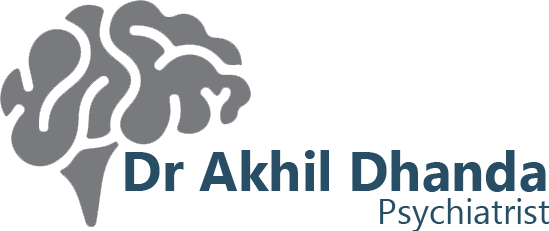Psychedelic Therapy: A Promising Frontier In Depression Treatment
In recent years, a revolutionary approach to treating depression has emerged, drawing inspiration from ancient practices and cutting-edge research alike. Psychedelic therapy, once relegated to the fringes of medicine, is now gaining recognition as a promising frontier in the treatment of depression. With its potential to catalyze profound shifts in consciousness and perception, psychedelic therapy offers new hope for individuals grappling with treatment-resistant depression. This article explores the principles, progress, and potential of psychedelic therapy as a novel intervention in the fight against depression.
Understanding Psychedelic Therapy
At its core, psychedelic therapy involves the controlled administration of psychoactive substances, such as psilocybin (found in certain species of mushrooms) or MDMA (commonly known as ecstasy), in conjunction with psychotherapy sessions. Unlike traditional pharmacological interventions, which primarily target symptoms, psychedelic therapy aims to address the root causes of depression by inducing transformative, often mystical experiences that promote introspection, emotional release, and personal insight.
The Science Behind Psychedelic Therapy
The resurgence of interest in psychedelic therapy has been fueled by a growing body of scientific research highlighting its therapeutic potential. Studies have shown that psychedelic substances can modulate key neurotransmitter systems in the brain, leading to alterations in consciousness and perception. In the context of depression, psychedelics are believed to promote neuroplasticity—the brain’s ability to reorganize and form new connections—thus disrupting entrenched patterns of negative thinking and behavior.
Clinical Trials and Promising Results
In recent years, clinical trials investigating the efficacy of psychedelic therapy for depression have yielded promising results. Research conducted at leading institutions such as Johns Hopkins University and Imperial College London has demonstrated significant reductions in depressive symptoms following a limited number of psychedelic-assisted therapy sessions. Moreover, these improvements have been sustained over extended periods, suggesting that psychedelic therapy may offer long-term relief for individuals with chronic depression.
The Role of Set and Setting
Central to the success of psychedelic therapy is the concept of “set and setting,” which refers to the mindset and environmental conditions in which the experience takes place. To optimize therapeutic outcomes, sessions are conducted in carefully controlled settings, with trained therapists providing guidance and support throughout the journey. By fostering a safe and supportive atmosphere, clinicians can help participants navigate the intense emotional and perceptual states induced by psychedelics, facilitating profound healing and transformation.
Integration and Aftercare
An essential aspect of psychedelic therapy is the process of integration, whereby individuals reflect on and integrate insights gained during the psychedelic experience into their everyday lives. Integration may involve ongoing therapy sessions, journaling, meditation, or engagement with supportive communities. By integrating the lessons and revelations gleaned from their psychedelic journeys, participants can consolidate their gains and make meaningful changes in their lives, thereby maximizing the therapeutic benefits of the experience.
Challenges and Considerations
Despite its promise, psychedelic therapy faces several challenges and considerations that warrant careful attention. Legal and regulatory hurdles, stigma, and concerns about safety and misuse are among the primary barriers to widespread adoption. Moreover, the psychedelic experience can be intense and overwhelming, potentially triggering adverse reactions or exacerbating underlying psychiatric conditions. As such, rigorous screening, preparation, and oversight are essential to ensure the safety and efficacy of psychedelic therapy.
The Future of Psychedelic Therapy
As research into psychedelic therapy continues to advance, the future holds great promise for this innovative approach to depression treatment. Ongoing studies are exploring novel therapeutic protocols, refining our understanding of the underlying mechanisms of action, and expanding the range of indications for psychedelic therapy beyond depression to include anxiety, PTSD, addiction, and existential distress. With growing interest from the scientific community, policymakers, and the public alike, psychedelic therapy is poised to revolutionize mental healthcare and offer new hope to millions of individuals struggling with depression.
Conclusion
In conclusion, psychedelic therapy represents a promising frontier in the treatment of depression, offering a unique blend of ancient wisdom and modern science. By harnessing the healing potential of psychedelic substances in conjunction with psychotherapy, psychedelic therapy holds the promise of catalyzing profound transformations in consciousness and promoting lasting relief from depression. As research progresses and barriers to access are overcome, psychedelic therapy has the potential to revolutionize mental healthcare and usher in a new era of healing and hope for individuals around the world.







